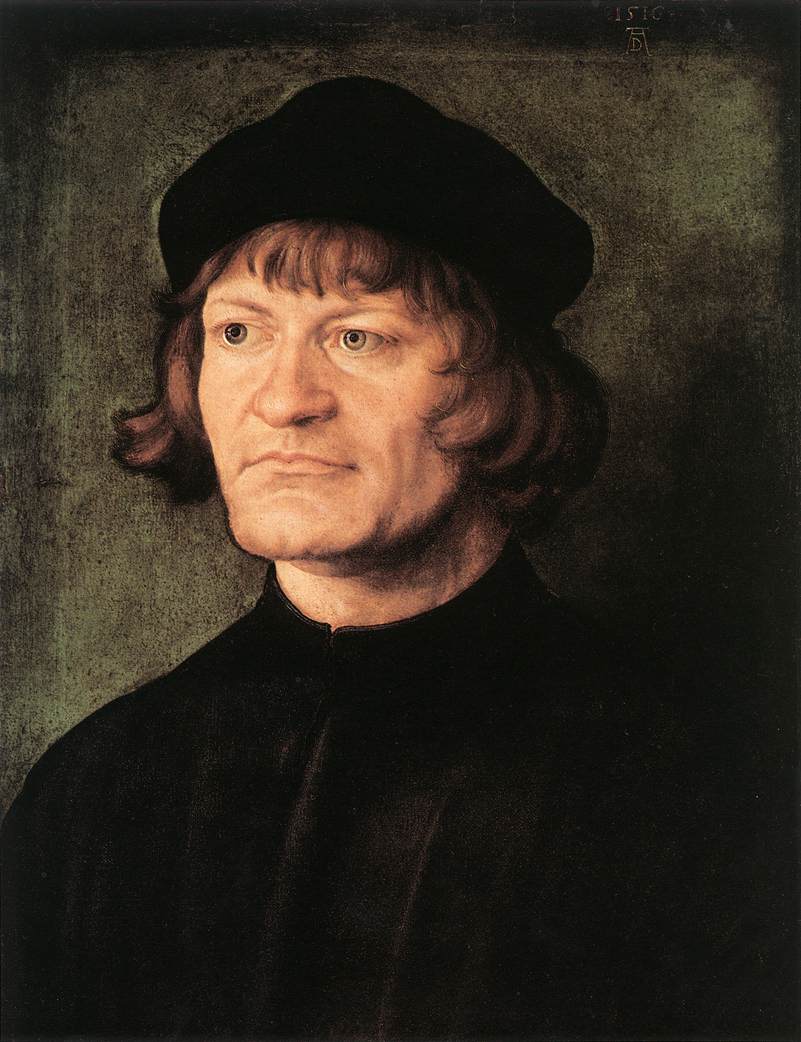
Ulrich Zwingli (1484-1531),
Swiss theologian and church reformer
When we mention the Protestant Reformation, most would be familiar with Martin Luther, John Calvin and John Knox. Few would be familiar with the name of Ulrich Zwingli. Though a contemporary of Luther, he seldom gets the credit he deserves in the Protestant Reformation. In fact, he fought for changes in the church even before Luther did. he was the one who believed that the Bible was the true authority.
Zwingli was a Roman Catholic priest in the Swiss city-state of Zurich. He was much opposed to the sale of indulgences, Catholic pardons that were supposed to free a person’s soul from purgatory. In Catholic theology, purgatory is a preliminary state where souls go to be cleansed before entering heaven. Both Zwingli and Luther saw the sale of indulgences to raise money for the church as an abuse of church practices. Even before Luther wrote his 95 theses against the church in Germany, Zwingli hand already lashed out on the abuses in Switzerland. He condemned the employing of Swiss mercenaries to fight in church wars which made the Catholic church richer.
In 1520, almost one third of Zurich’s population died because of the plague. Zwingli was struck down by the plague, and this was believed to have awakened him. When he recovered from the illness, he fought for a simple theology: if it can’t be found in the Bible, don’t believe it and don’t do it.
Ulrich Zwingli led in the religious reform in Switzerland which consisted of small city-states called “cantons”. Reforms in the church were decided on after the local magistrates heard the debates between the reformer and representatives of the Catholic church. As the city chaplain, Zwingli strongly opposed clerical celibacy and fasting during the period of Lent. Statues of Jesus, Mary and saints were removed from local churches. The Bible took precedence before church law. Zwingli abolished church Mass, and introduced simpler church services.
In an attempt to unite Switzerland and Germany under one religious system, Philip of Hesse convinced Zwingli and Luther to meet in Marburg in 1529, namely, the Marburg Colloquy. Sadly, the two reformers could not agree regarding issues related to the Lord’s Supper. Luther believed Christ’s words, “This is my body” which meant that Jesus was actually present during the sacrament of communion. Zwingli said the phrase meant “This signifies my body”, so that the bread and wine were only symbolic. They had agreed on doctrines from the Trinity to justification by faith, but they could not agree on the Holy Communion.
Ulrich Zwingli grew up during the time when copies of the Bible were rare. As the son of a successful farmer, he attended universities in Vienna, Berne and Basel. Ordained as a Catholic priest in 1506, he was much influenced by the works of the Dutch humanist and priest Erasmus of Rotterdam. He obtained a copy of Erasmus’ Latin translation of the New Testament and began studying it diligently. By 1519, Zwingli was preaching on it on a regular basis. He believed that many of the medieval doctrines of the Catholic Church had no Scriptural basis. He witnessed and condemned the many practices of abuse and corruption in the church.
Switzerland readily accepted the reforms which Zwingli recommended, and the Swiss church followed the Bible closely. Unfortunately, there was much conflicts between the Catholic cantons of Switzerland and the Protestant cantons. In 1531, the Catholic cantons attacked Protestant Zurich, and the latter was defeated at the Battle of Kappel. Ulrich Zwingli who had joined the Zurich troops as chaplain, was killed in this battle. But his reforms did not die with him. His work was carried on and expanded by his protege Heinrich Bullinger and the great Geneva reformer John Calvin.
(Adapted from Biography of Ulrich Zwingli by Jack Zavada)
